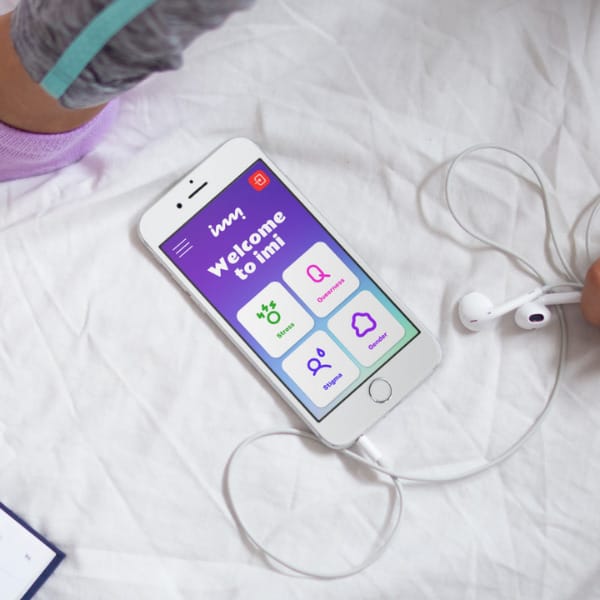Nicole Guthrie, Andrew Bradlyn, Sharon K. Thompson, Sophia Yen, Jana Haritatos, Fred Dillon, and Steve W. Cole
Abstract
Most adolescents do not achieve the recommended levels of moderate-to-vigorous physical activity (MVPA), placing them at increased risk for a diverse array of chronic diseases in adulthood. There is a great need for scalable and effective interventions that can increase MVPA in adolescents. Here we report the results of a measurement validation study and a preliminary proof-of-concept experiment testing the impact of Zamzee, an accelerometer-linked online intervention system that combines proximal performance feedback and incentive motivation features to promote MVPA. In a calibration study that parametrically varied levels of physical activity in 31 12-14 year-old children, the Zamzee activity meter was shown to provide a valid measure of MVPA (sensitivity in detecting MVPA = 85.9%, specificity = 97.5%, and r = .94 correspondence with the benchmark RT3 accelerometer system; all p < .0001). In a subsequent randomized controlled multi-site experiment involving 182 middle school-aged children assessed for MVPA over 6 wks, intent-to-treat analyses found that those who received access to the Zamzee intervention had average MVPA levels 54% greater than those of a passive control group (p < 0.0001) and 68% greater than those of an active control group that received access to a commercially available active videogame (p < .0001). Zamzee’s effects on MVPA did not diminish significantly over the course of the 6-wk study period, and were statistically significant in both females and males, and in normal- vs. high-BMI subgroups. These results provide promising initial indications that combining the Zamzee activity meter with online proximal performance feedback and incentive motivation features can positively impact MVPA levels in adolescents.
Read more in PLOS ONE.





